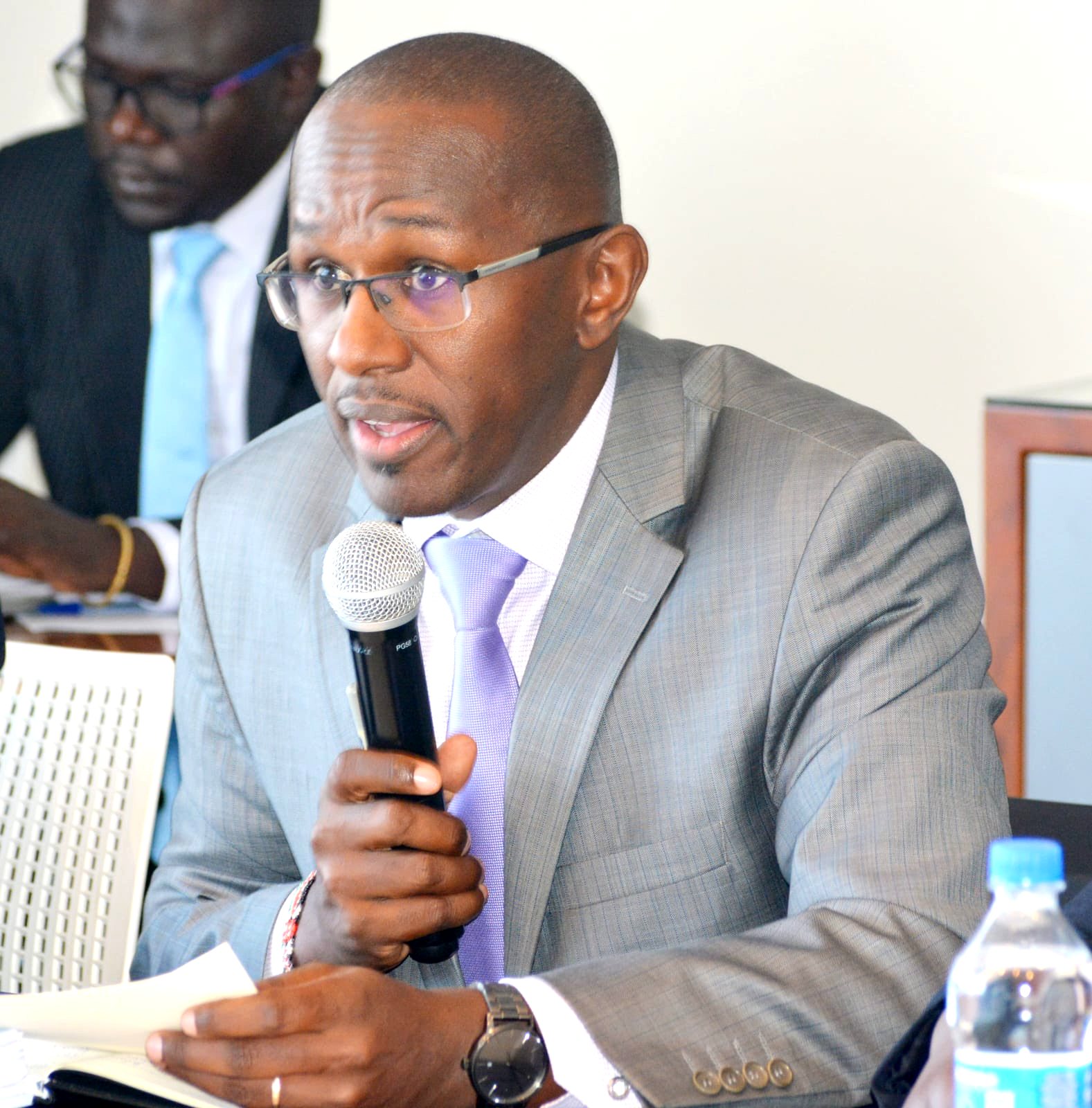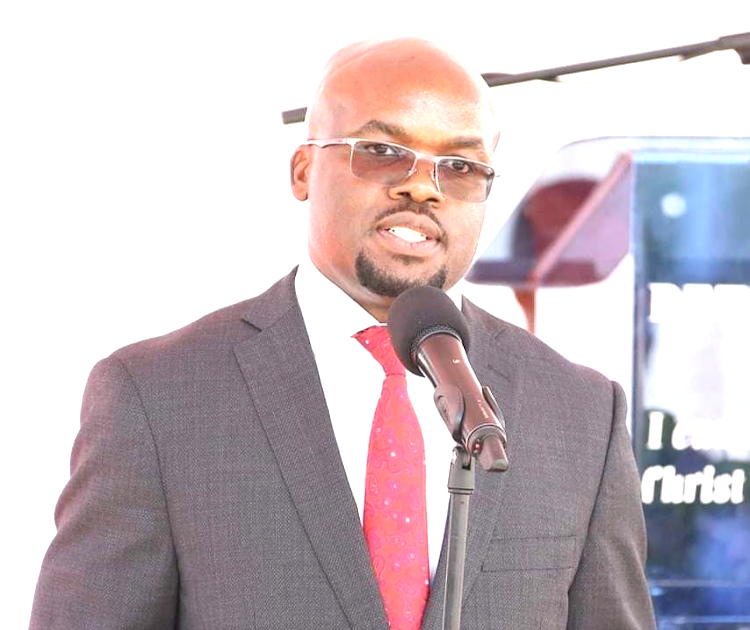At A Glance…
-Law will ensure the cases of mismanagement and bad governance in Saccos will be a thing of the past.
– It will spare members losing billions of their hard-earned savings.
–Legislation will regulator Sasra more say in determining who may serve as an official in a Sacco.
–This offers hope to the co-operative movement which has been operating on a 2008 Act that is now not in conformity with the current environment.
By Sammy Chivanga
Governance of Savings and Credit Co-operative Societies (Saccos) in Kenya look set for a big shake-up thanks to the revival of the 2018 Bill that had stalled.
The Sacco Societies (Amendment) Bill, 2018 offers hope that the cases of mismanagement and bad governance in Kenyan Saccos may become a thing of the past, sparing members from losing billions of their hard-earned savings.
The Bill was read for the first time in the Senate in November last year under the Senate committee on tourism, trade and industrialization.
The general public had up to June 15, 2020 to offer written memoranda on the Bill before the next stage kicked off. This offers hope to the co-operative movement which has been operating on a 2008 Act that is now not in conformity with the current environment.
Most of the proposed changes will give Sacco Societies Regulatory Authority (Sasra) more say in determining who may serve as an official in a Sacco as opposed to the current state of affairs.
Sacco management has been lagging behind in the financial sector. This is especially when contrasted with banks and microfinance banks where Central Bank of Kenya conducts fit and proper checks on anybody intending to hold senior roles in these institutions.
A fit and proper test evaluates whether managers, directors or key shareholders have, for instance, the ability to carry out their duties. The checks will give the regulator a broader say on tenets such as integrity as well as academic qualifications of an official.
However, Sacco leaders are expressing mixed reactions to the Bill which promises sweeping changes to the sector at a time cases of lost funds from institutions such as Ekeza Sacco are still fresh.
Boresha Sacco CEO Moses Chebor says while the Bill is a good move in strengthening governance, its implementation may see many Saccos run into leadership crisis.
“Big institutions like national co-operatives can cope because most of the board members have titles such as engineers and they can easily pass proper and fit tests,” noted Mr Chebor.
“But when it comes to village or county Saccos, the people leading those institutions are those democratically elected. They have gone to school, but not so much and therefore when you call for certificates they may not produce them,” he added.
Several other Sacco leaders chose to withhold their comments while others said they are yet to familiarize themselves with the Bill.
The Bill, if passed, will see Sacco regulators determine suitability of a person before being cleared to serve as an official. The regulator may with sufficient reason bar a person from serving as a Sacco official.
“The Authority shall determine the suitability and propriety of every person seeking to serve as a Board member, Chief Executive Officer or other position in a Sacco, and may bar a person from serving in a Sacco s as a Board member, CEO or as any other official pursuant to its determination,” states the Bill.
This will see Sasra check at least five things to establish the reputation, character, financial integrity and reliability of the person before clearing them to hold Sacco office. This is unlike the current environment in which no minimum bar exists for office-bearers.
Among the things that the regulator will check include the financial status or solvency of the person, and the academic or other qualifications or experience of the person in regard to the nature of the functions which the person shall perform.
Mr Chebor is recommending that regulators need to classify Saccos as lower class co-operatives, middle end and upper end then set leadership qualifications for each category.
“Then the law should put higher qualifications on management of bigger institutions as opposed to small ones. You can’t impose certain leaders on Saccos because these are mostly democratic positions,” said Mr Chebor.
Sasra will also be checking the status of any other licence or approval granted to the person by any financial sector regulator. This means the regulator’s mandate may involve checking with other regulators such as CBK.
The Bill says that such checks will help Sasra determine whether or not the person can carry his or her task “competently, honestly and fairly.”
Deposit-Taking Saccos had 1,654 board members, 174 CEOs, 908 members of management team and 504 members of supervisory committees by end of 2018.
The Bill also seeks to block people who have a record of swindling any public money from any institution from finding their way into leadership.
“The Authority may take into account whether that person has contravened provisions of any law for the protection of members of the public against financial loss due to dishonesty, incompetence or malpractice by persons engaged in dealing in marketable securities,” states the Bill.
Sasra will also seek to establish if the person seeking Sacco office has ever been convicted or is being investigated in respect of an offence involving financial impropriety, fraud, corruption or economic crimes.
This will make it highly unlikely that a proposed official who was previously involved in mismanaging a Sacco will be allowed to serve on the board of the society again.
Office seekers who have been directors of a Sacco society which was involuntarily liquidated or is under involuntary liquidation placed under statutory management will also be evaluated with caution.
However, before determining that a person is not suitable or proper to serve as a director or officer of a Sacco, the Authority will have to give the person in question an opportunity to be heard.
The Bill also seeks to keep the Sacco officials at par with evolving leadership needs by imposing “a mandatory continuous or minimum professional development course, training and certification.”
According to the Bill every board member, CEO or an officer of a Sacco shall undertake the course or training before serving or seeking to serve in such positions.
This will raise the bar for the industry given than just a few Saccos have been keen in recruiting the best talent into management roles and giving them continuous training on areas such as leadership.
In what will be another win for the sector, the Bill wants the use of the word “DT-Sacco” or any of its derivatives to be limited to only the deposit-taking Saccos licensed by Sasra.
“Every deposit-taking Sacco society existing before the commencement of this section shall, within twelve months, comply with the provisions,” states the Bill.
Sasra has for long been seeking legal protection and restrictions of the usage of the word “Sacco.”
The State Department of Co-operatives has also been working on transforming entities such as “Matatu Saccos” into Transport Co-operatives (TransCoops) to ensure that enterprises styled as “Saccos” are only those engaged in the savings and credit business.
The acting Commissioner for Co-operative Development Geoffrey Njangombe says this will be key is clearly differentiating institutions under Sasra watch from those under his docket.
“Even now the so called ‘matatu Saccos’ are on our side with exception of those with front office services. The Bill will help make the naming clearer to avoid confusion,” stated Mr Njangombe.
The Bill was also seeking to allow Saccos to exchange information on performing and non-performing loans with other financial institutions such as banks and microfinance banks.
However, this has now been cured by the recently published Credit Reference Bureaus (CRB) regulations 2020 that allow Sacco societies regulated by Sasra to be subscribers of credit data to CRBs.


